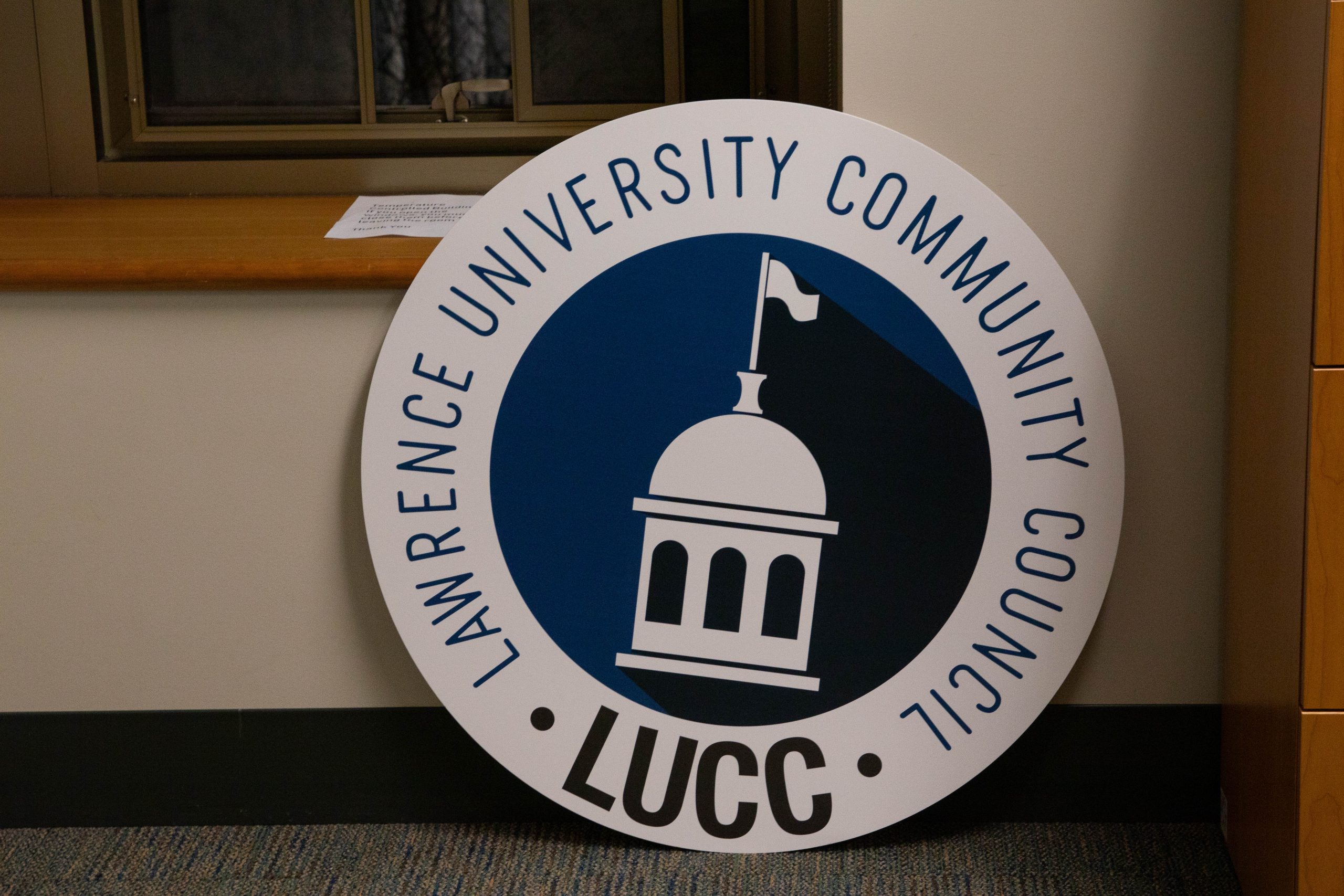Lawrence University Community Council (LUCC) has been operating under budgetary constraints, which has led to many clubs and organizations at Lawrence having access to less money than they expected.
According to LUCC Treasurer junior Monique Johnson as well as Vice President junior Adda Fadila Louleid, student activities were not taking place during the 2020-2021 academic year, due to COVID-19, which meant that money was allocated but not spent. This led to student organizations having larger budgets than they had previously – since the student activities fund was still paid into – which led to student organizations submitting larger budget requests than previous years, which the Finance Committee approved. LUCC Vice President-elect sophomore Isabel Dorn feels that a combination of this, insufficient training for class representatives and club treasurers and a short budget request timeline all contributed to the shortage of funds.
The surplus continued into the 2021-2022 academic year. According to Louleid, this was because Lawrence went fully in-person and clubs were once again active, student organizations sent budget requests in that were consistent with the money they had accumulated since 2020. She added that more clubs were formed on campus last year, and that more money was directed to these activities.
This culture of spending was not immediately seen as a problem, according to Johnson. The 2021-2022 academic year ended with a balance of $330,083.37, bringing the current cabinet’s beginning balance to $693,491.83 when you added in this year’s student activity fee. Johnson said that budget hearings, in which student organizations go before LUCC to explain their budget requests, are only allowed once a year, due to new legislation that switched budget requests to being yearly instead of by term. However, Johnson said that many student organizations still submitted a term’s budget in their yearly requests, partially due to some club treasurers not being trained. She said that it has been a transition period, and her and Louleid agreed that each cabinet acts differently and that this could change with future cabinets.
Dorn said that training for class representatives was another key component, which she feels is not sufficient. Dorn received 90 minutes of training and a handful of documents as training when she was sworn into the Steering Committee. Her training is similar to others in LUCC, and it may have been easy for class representatives on the Finance Committee to approve new budget requests without realizing that LUCC was short on funds. She said that the Finance Committee often receives many budget requests at the same time and class representatives don’t have the time to review each budget carefully.
Finance Secretary and junior Caleb Yuan has proposed legislation to fix this issue by allowing student organizations to submit their budget requests in Winter Term. According to Yuan, his legislation would give the Finance Committee enough time to review the club’s budget request without feeling the need to rush through it. He said that this could also hold clubs accountable for their spending in the future as the Finance Committee would have time to look into each request and decide on the allocation.
Johnson and Louleid said that many organizations failed to send in their treasurers for training last year and that there is little communication between new and previous club treasurers. Because of this, they stressed that the new cabinet should ensure club treasurers attend trainings and read the student handbook.
Despite these issues, Louleid, Johnson and Junior Class Representative Rowan Tipping don’t believe that there is currently a budget problem. Johnson and Louleid said that they have left $100,000 along with the $355,000 from the student activity fund for LUCC to begin with next academic year.
“I would say [that next year’s finance committee and treasurer] are in an amazing spot,” said Johnson. “We caught what we were doing, that may have been going in a different, wrong direction earlier on…we were able to take that, revise our legislation, and become more detailed in our budget hearings during our finance meeting, and allow for us to stick to our goal of $100,000 dollars.”
Dorn upholds that the situation is difficult, but not impossible. According to Dorn, with cautious allocations, LUCC will be able to ration their funds for the rest of winter term, and has $100,000 set aside for student organizations in spring term.
“Considering recent inflation and the recognition of many new student organizations, this balance is not ideal,” said Dorn. “But I am confident that we can still provide a decent amount of funds to student organizations as long as we approach the financial situation with caution and transparency.”
Incoming LUCC President junior Anders Hanhan said that when he takes office, LUCC will be working with the Office of Student Engagement, Activities and Leadership (SEAL) to better train treasurers and said that current LUCC President senior Malcolm Davis has been working on legislation to manage how much money from the budget can be used on wages, which he supports. He believes that there should be a discussion about the university funding student orgs that pay students for their work, instead of LUCC. According to Hanhan, LUCC will also be better training class representatives and not re-recognizing clubs who fail to attend treasurer, bias and Title IX training.
“All clubs will be required to have a treasurer who has undergone this training, or they will not be able to use any of their club funds,” said Hanhan. “These new additions will ensure that all clubs are using their money as intended and [managing] their budget better.”

